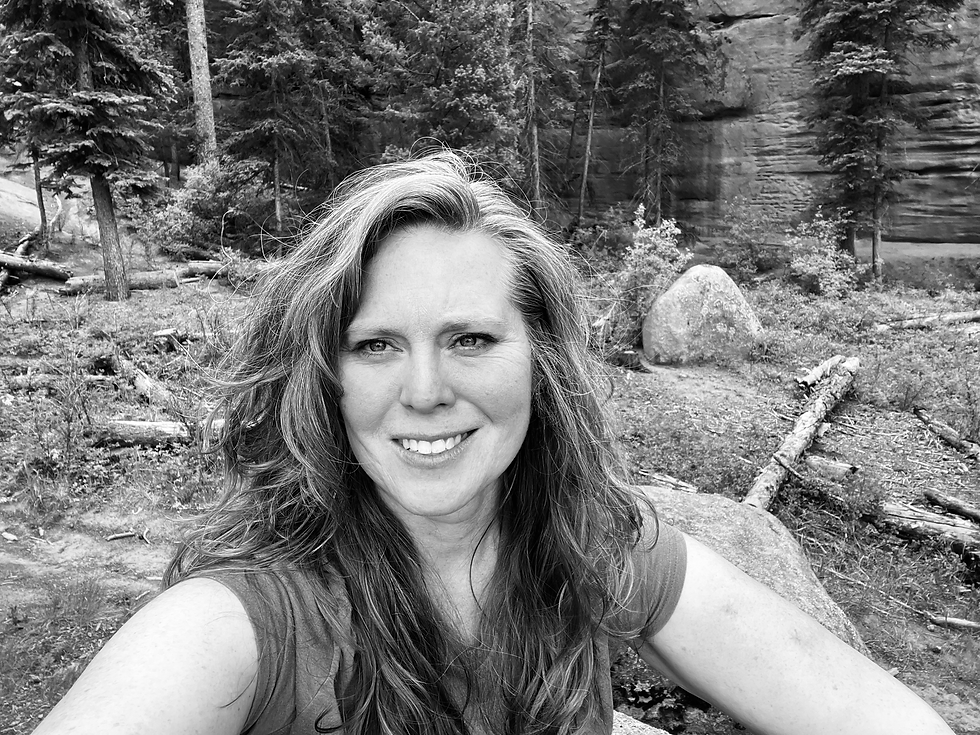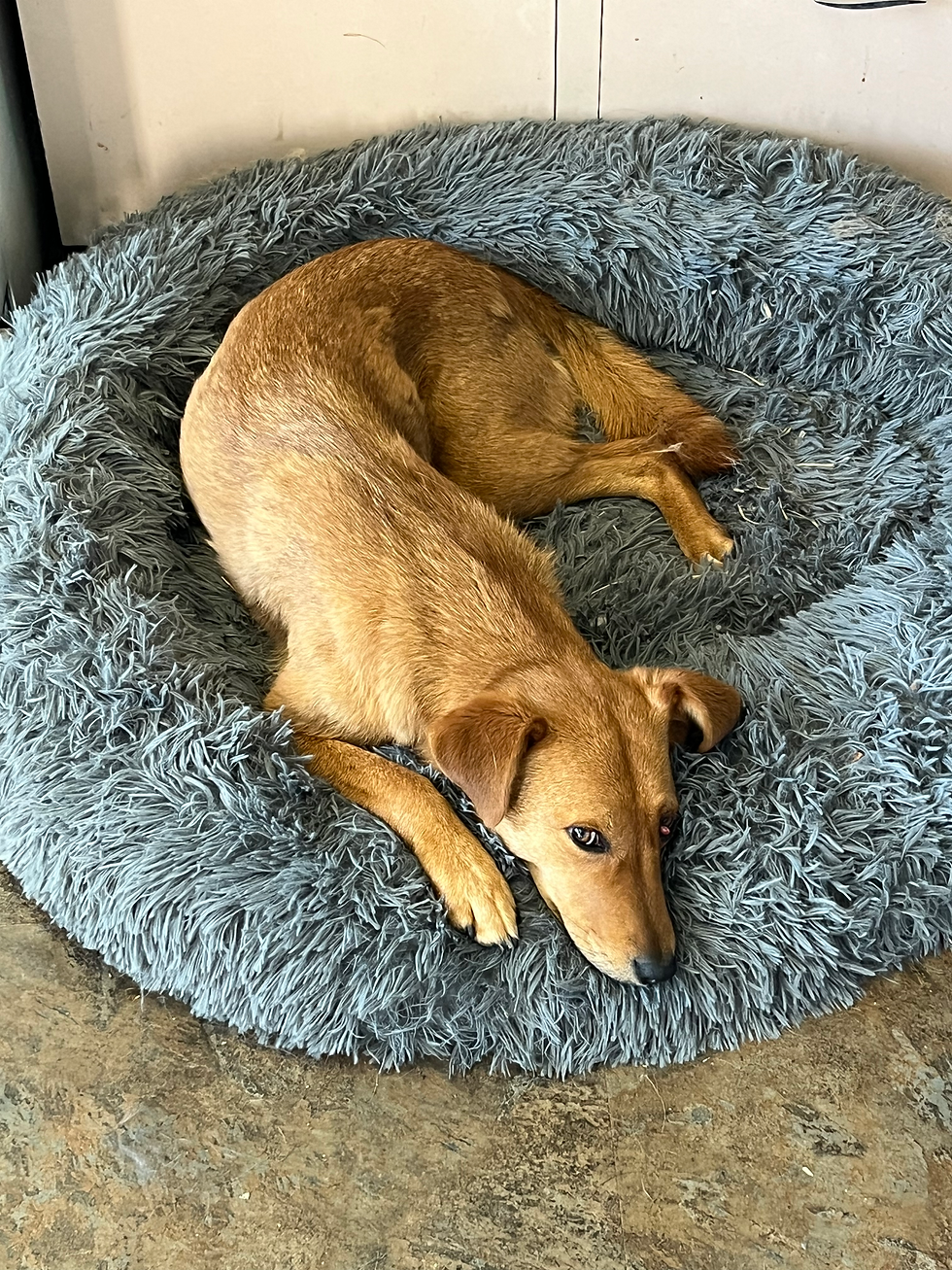What Core Withdrawal Feels Like From the Inside Out (An Adult Perspective)
- mrglhic
- May 18, 2025
- 3 min read

What if your anxiety, digestive struggles, and fatigue weren’t separate issues—but signals of a deeper survival pattern playing out in your body? This piece gives language to the silent shutdown so many adults are living in—and how healing begins when we stop trying to control what the body needs to release.
You go to the GI doctor because your stomach feels like a rock. You can’t eat much. Everything you do eat feels like it just sits there. You’re bloated, uncomfortable, and tired. They run the tests.
Everything comes back normal.
You try the breathing exercises, the diet changes, the medication. You’re told to reduce your stress.
You try. You really do. You do yoga. You journal. You cut out caffeine. You track your symptoms. You take the pills. You stop the pills. You try again.
But it never really gets better.
It just gets more complicated.
You start reacting to foods you used to tolerate. You feel full after a few bites. You wake up anxious, even if nothing’s wrong. Your breath won’t go deep, no matter how calm you try to be.
You can’t explain it, and no one seems to understand.
Your body feels like it’s working against you—but the truth is, it’s protecting you the only way it knows how.
It’s not all in your head. And it’s not a mystery.
This is core withdrawal—a deeply embedded survival pattern where the nervous system collapses inward. It’s not a disease. But if it goes on long enough, it can look like one. It becomes one.
At first, it's just small things: a tight diaphragm. A loss of appetite. A vague sense of dread or disconnect. A breath that doesn’t go anywhere.
But over time, it builds:
Chronic digestive issues that don’t respond to treatment
Panic sensations with no clear trigger
Fatigue that sleep doesn’t fix
A growing list of foods, supplements, or medications you can’t tolerate
The slow erosion of trust in your own body
And the most painful part? Everyone tells you you’re fine. That your labs are normal. That it’s just stress. That maybe it’s in your head.
So you push through. You adapt. You mask. You manage. Until something breaks—your voice, your digestion, your immune system, your spirit.
It’s not that you’re not trying. It’s that no one is seeing what’s really happening.
The core has collapsed. The breath is stuck. The organs are braced. The fascia is holding on for dear life.
And every time you go back to the doctor, hoping someone will see it—your hypervigilance grows. Because the system teaches you to chase your own symptoms. It teaches your nervous system to monitor and control what it actually needs to release. So you track everything. You fixate.
You try to “catch it early.”
And in doing so, you keep reenacting the very state that made you sick.
The medical system, without meaning to, plays into the same loop your body is trying to survive: If I can just do it right, maybe I’ll be okay.But that pressure—inside and out—only deepens the collapse.
You don’t need more control. You need to be met.
You don’t need another specialist to tell you it’s all in range.
You need someone who knows how to listen differently.
Someone who can feel the freeze in your breath. The way your stomach holds. The absence of movement in your ribs and spine. The way your voice has quieted, or disappeared entirely—not because you’re fine, but because you’ve been stuck in a shutdown state for too long.
I’ve seen it in others. I’ve lived it in myself. I’ve felt it unwind in animals who no longer needed to be afraid.
This work isn’t about chasing symptoms or adding more interventions. It’s about restoring the body’s ability to feel safe enough to expand again—to breathe, to digest, to rest, to reconnect.
If this speaks to something you’ve never been able to name before… you’re not alone.
And it’s not too late.


